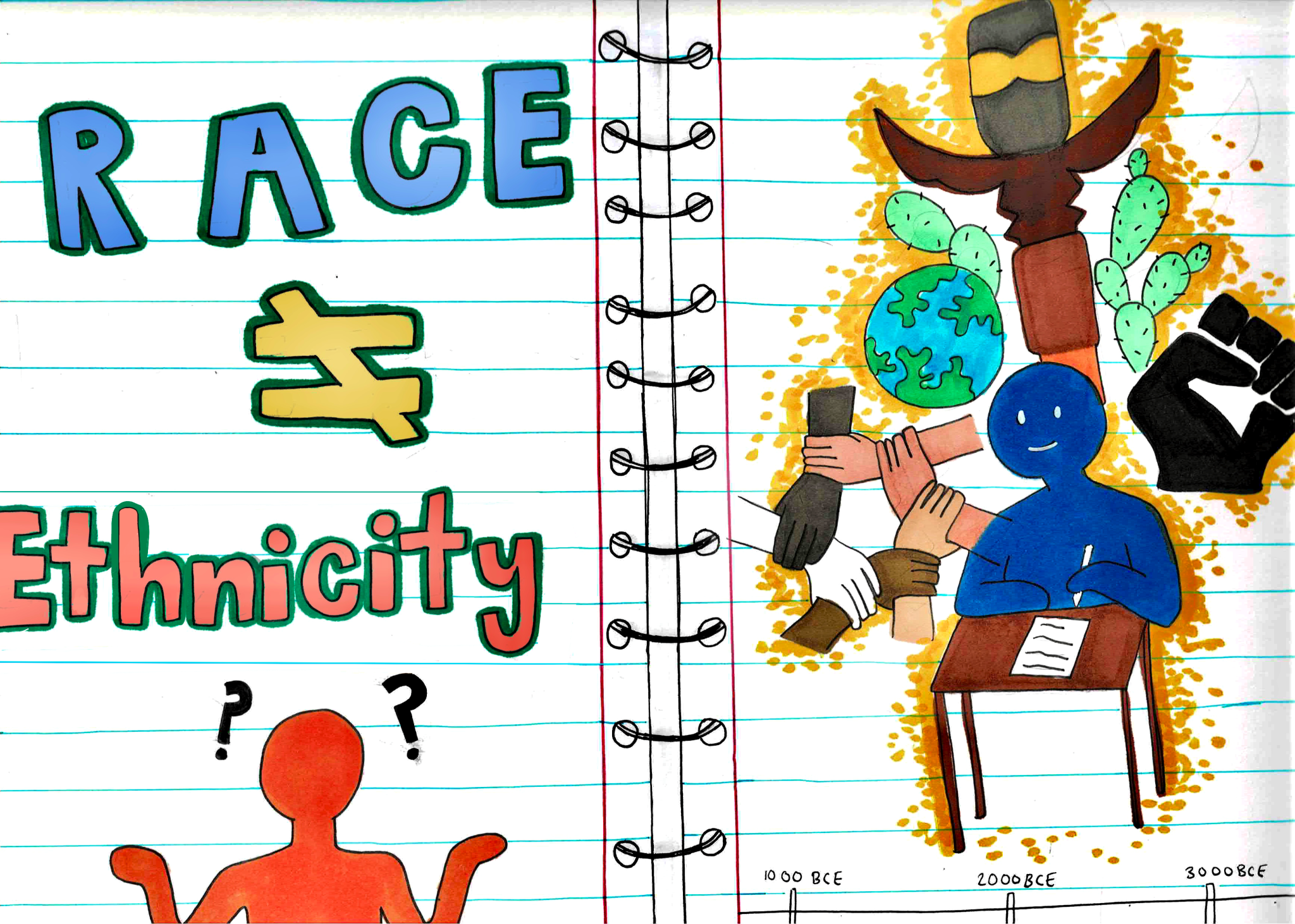In 1991, Berkeley Unified School District (BUSD) became the first public school system in the nation to mandate an ethnic studies course. For the last thirty years, this ethnic studies program has been contained within a single semester during freshman year.
BUSD now plans to expand its ethnic studies course by weaving it into the curriculums of every grade, which would allow for the lesson material to be spread out over many semesters. Students would be introduced to concepts related to ethnic studies throughout their BUSD education in order for them to build a more comprehensive understanding of the complex racial dynamics that have long shaped the United States.
In a nation split on the issue of how to teach racial history, BUSD is making the right decision in expanding its ethnic studies curriculum. This course explores race and ethnicity in its cultural context. It also presupposes that there have been centuries of systematic racism that cannot be solved through "color blindness" but through specific acknowledgment of the problem. On top of that, it teaches deliberate steps that need to be taken in order to demolish racist institutions.
One semester is not nearly enough time to teach as large a topic as ethnic studies, especially because it has such complex real-world ramifications. Having a one-semester time constraint allows for little more than an overview of the concepts related to ethnic studies. Having students learn ethnic studies at a younger age provides teachers with more time to teach the necessary material.
In more concrete terms, expanding ethnic studies could mean more representation for people of color in humanities, which is important for all students. Not only is diverse representation crucial to the development of students, but they also need to be educated on the nature of race in the United States.
Many people will argue that elementary and middle school students are too young to understand or to be exposed to this country's racial history. From a young age, children will experience complex racial dynamics, especially since children are growing up with more and more unsheltered internet access. This exposes them to very warped portrayals of race in the United States, which can be detrimental.
Despite early exposure, children are given few tools to discern and fend off problematic information. Educating children on media literacy is an issue that cannot be stressed enough in this era of targeted advertising as preteens and teens roaming the internet are the target of political groups. Because understanding the complexity of race is so central to having a holistic understanding of the United States, educating children early on is essential.
An expansion of BUSD’s ethnic studies program from a semester course into a curriculum built into the foundation of humanities classes for the whole district will be a force for good. Ethnic studies provides necessary social context to young students trying to make sense of the world. In a similar vein, humanities courses without proper acknowledgment of racial factors do students a disservice.
Ultimately, early exposure to concepts of ethnic studies will be beneficial to the education of all BUSD students.





